- Fierce fighting breaks out near junta’s No. 344 Artillery Regiment in Yekyi Twsp
- Indigenous communities in Chittagong Hill Tracts struggle amid ARSA threats
- Weekly Highlights from Arakan (Feb 16 to 22, 2026)
- Hindus struggle with livelihood hardships amid job shortages in Arakan State
- Equipment from Chinese-owned VPower plant in Kyaukphyu to be fully relocated amid growing conflict
Federation to sell rice at reduced prices for storm-hit parts of Arakan State
Rice will be sold to the public for 250 kyats per pyi, and 200,000 sacks of rice have been sent to Arakan State, according to Myanmar Rice Federation chairman U Ye Min Aung.
28 Aug 2023
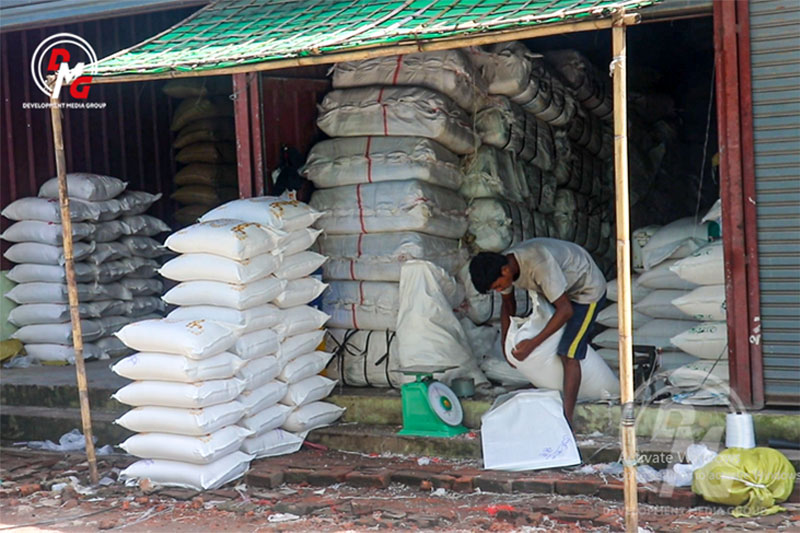
DMG Newsroom
28 August 2023, Sittwe
The Myanmar Rice Federation said it would sell 200,000 sacks of rice at reduced prices for storm-hit northern Arakan State in a bid to help stabilise rice prices there.
Rice will be sold to the public for 250 kyats per pyi, and 200,000 sacks of rice have been sent to Arakan State, according to Myanmar Rice Federation chairman U Ye Min Aung.
“We will sell 200,000 sacks of rice every month until the monsoon paddy is harvested and the new rice reaches the market,” said U Ye Min Aung.
Food prices have soared in Arakan State since the 2021 coup, with a sack of Paw Hsan Hmwe rice reaching 105,000 kyats, a litre of cooking oil hitting 6,000 kyats and a viss of onion selling for nearly 4,000 kyats.
Despite the subsidised supply, rice prices are unlikely to decline in Arakan State due to significant demand, according to business owners.
“Selling rice at reduced prices will help. However, the amount is not enough for the entire Arakan State. I don’t think it will bring down rice prices,” said a business owner from Arakan State.
More than three months after Cyclone Mocha hit Arakan State, local people are still struggling to rebuild or repair their houses and resume their business operations.
Making matters worse, the regime’s issuance of a new, high-denomination 20,000 kyats note has also led to price increases.
“Food prices have increased day after day. Let alone meat, I am even struggling to have one meal a day with fish. I don’t think food prices will decline in the near future,” said Daw Thein Shwe from Sittwe.
A combination of adverse weather, conflict and the skyrocketing cost of agricultural inputs in recent years has taken a heavy toll on farmers in Arakan State, requiring rice and other produce to be shipped in from other parts of the country to fill a growing supply-demand gap.





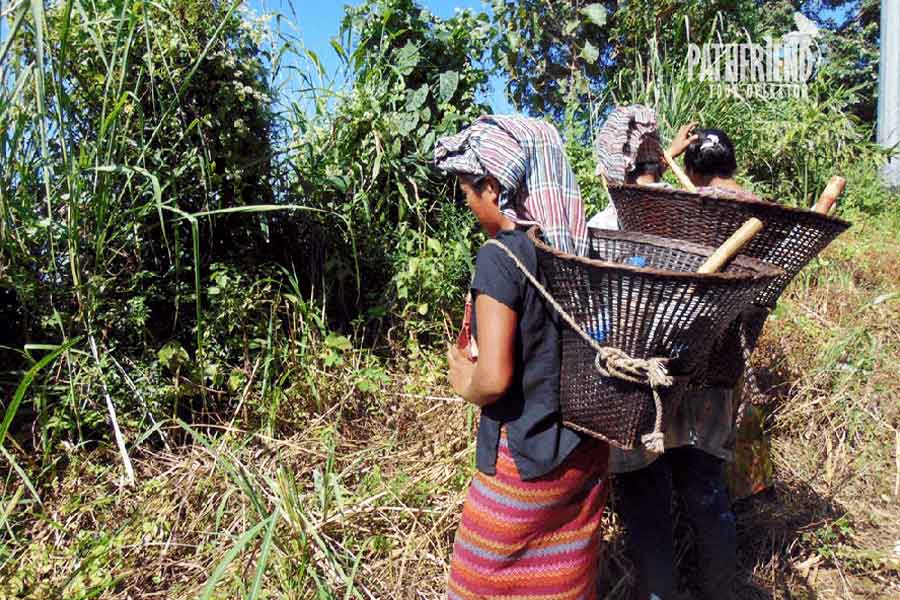
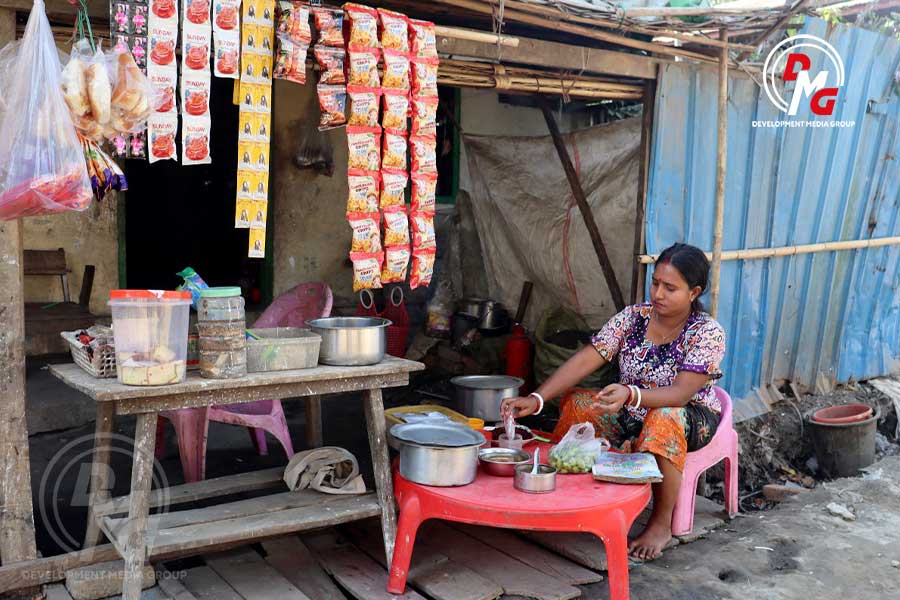
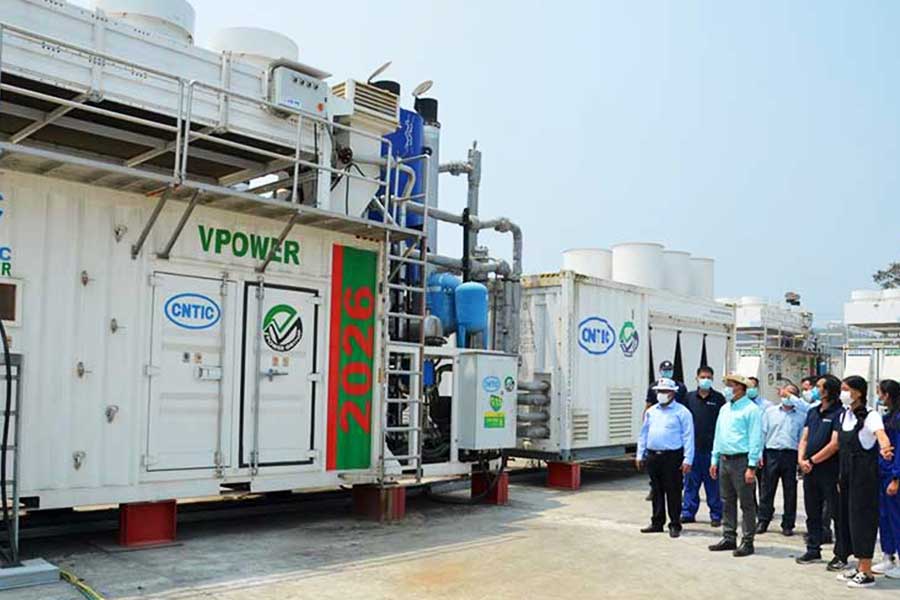
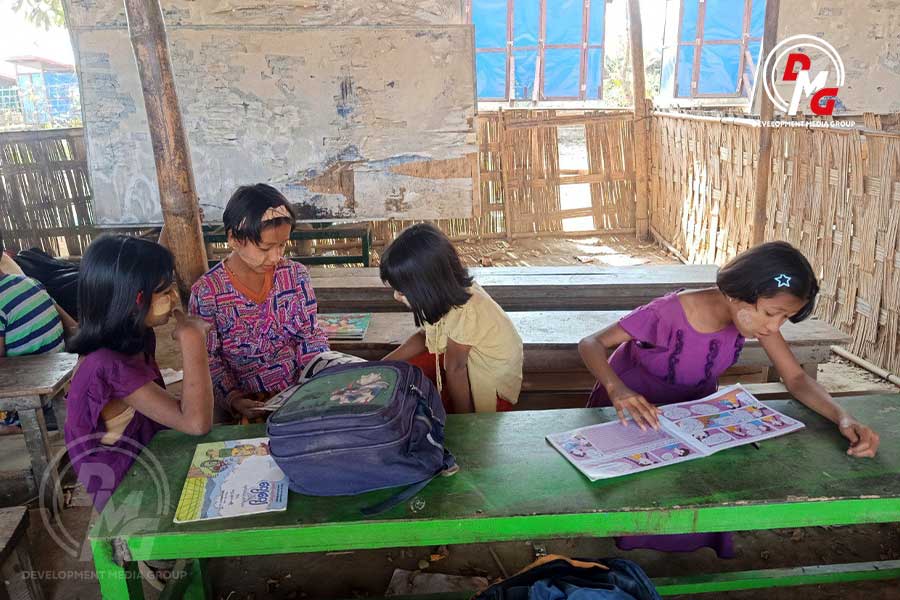








.jpg)